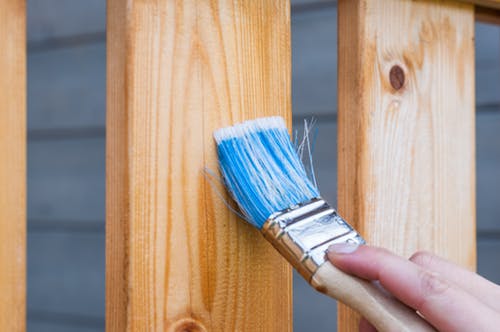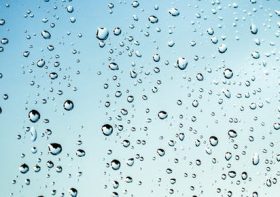Unseen Consequences of Fire

Every family could have their lives turned upside-down through a fire in the home. Homes are destroyed, treasures are lost, and lives are killed in the most tragic circumstances. A fire in your home could ruin more than only material items; it could also destroy precious memories and make you battle insurance firms for an extended period.
Smoke, fire, and the water used to extinguish the flame are the three elements that caused the most apparent destruction. Anything prone to absorb moisture or odors, such as but not limited to carpeting, furniture, and clothing, can be damaged.
Hidden Damages of Fire
The negative impact of a fire can be more expensive than they appear at first. The damage caused by fire can be hidden and difficult to recognize. Following an incident, other, less apparent injuries can be expensive and dangerous for your family’s safety. Those are the ones we’ll discuss in this article.
1. Mold
The risk of developing mold problems increases when water is soaked into carpets, rugs, ceilings, floors, and walls. It is not enough to replace flooring, drywall, joists, or walls. The areas exposed to water should be thoroughly dried out or rebuilt.
Mold can trigger serious health issues and even cause damage to your home. Mold spores are tiny microorganisms that can be breathed in because they move throughout the air. The spores of mold can cause allergies, asthma attacks, and other respiratory ailments.
On the other hand, mold can also be caused by water problems. A damage cleanup and restoration firm can adequately and immediately address your concern.
2. Gas Leaks
Firefighters are equipped with various tools for breaking down cabinets, walls, and even glass in an emergency. Inadvertent nicks or strikes to gas lines can turn into full-blown leaks when tools are employed. If you return to your house after an incident and notice a gas odor, leave the area immediately and call 911.
A gas leak could fuel an already burning fire and trigger an additional explosion that could cause severe injury or even death to those around. If you notice gas leakage, turn off the valves as soon as you see them and call for assistance.
3. Electrical Damage
The fires can also cause electrical damage. The heat of a fire can melt wires, cut off junction boxes and cause live wires to dangle when it spreads across walls. Contact your power provider to shut off the power after the fire has been put out.
While falling power lines are in immediate danger, a second fire could be triggered when a wire that has been damaged ignites within the walls. Following the fire, firefighters will inspect the structure, but the wire could be concealed beneath damaged home components. In this case, a fire and water remediation company can thoroughly check and address the problem.
4. Soot
Soot particles originate from the combustion of fuels such as wood or coal. As a result of living in an industrialized society, our bodies are exposed to the adverse effects of breathing soot. But, the damage caused by soot caused by fire could be overlooked during the post-fire inspection and evaluation of your house.
Always wear a protective suit when working with soot, such as covering your eyes, mouth, nose, and hands. It is probably better to work with experts.
5. Sewage and Water Pipes
It’s a popular misconception that sewage and water pipes can be used to prevent fire. Most modern plumbing systems don’t use iron pipes. They are constructed of PVC or a similar durable, flexible material to reduce the possibility of cracks and leaks. However, these materials tend to melt at extreme temperatures.
Gasses that are toxic and unpleasant can be released into your home through damaged sewage pipes and cause headaches, nausea, dizziness, vomiting, and breathing difficulties. The lines that are damaged could release potentially harmful carbon monoxide.


